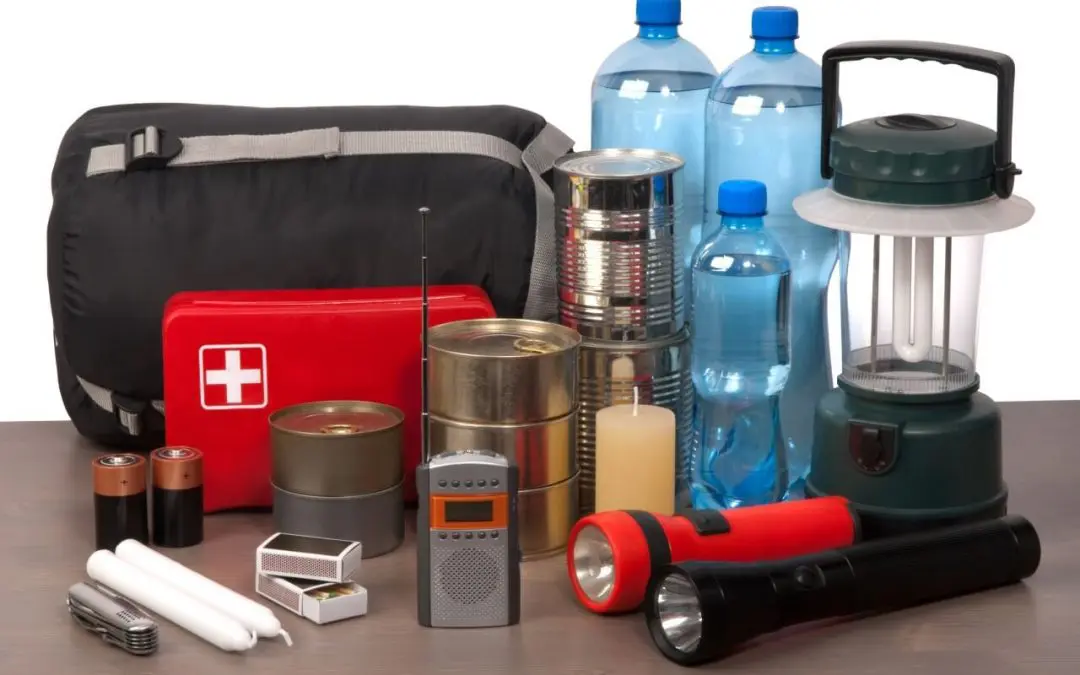Your home is a place where you should be secure and comfortable. Unfortunately, disasters can strike unexpectedly and sometimes cause significant damage to your property. Be better prepared for an emergency with these safety essentials for the home.
Safety Essentials Your Home Should Have
1. Smoke and Carbon Monoxide Detectors
Approximately 2,000 people lose their lives in residential fires in the United States each year. Around two-thirds of house fire-related deaths happen in homes without smoke detectors, according to the Consumer Product Safety Commission.
In general, there should be at least one smoke detector on every level of your home. Place a unit in each bedroom and right outside sleeping areas. Follow the manufacturer’s instructions for installation and maintenance.
Install carbon monoxide detectors in your home. As with smoke detectors, there should be at least one carbon monoxide detector installed on each floor. Also, install CO detectors in the garage and near the furnace.
2. Fire Extinguishers
Fire extinguishers are important for safety. They can put out small fires before they spread and cause significant damage to your home or give you time to escape a larger fire.
These devices are essential in your kitchen as it’s the room where a fire is most likely to start. Mount the extinguisher near the kitchen door where it will be easily accessible if you need it. Keep fire extinguishing devices in the basement, garage, and laundry room.
3. A First Aid Kit Contains Safety Essentials for the Home
Many times, injuries sustained at home can be treated if you have the proper supplies on hand. You can either purchase or build a first aid kit. Consider including adhesive bandages in different sizes, antibiotic ointment, rubbing alcohol, medical tape, a cold compress, gauze, aspirin, tweezers, a tourniquet, triangle bandages, eye patches, cotton balls, a finger splint, scissors, petroleum jelly, hydrocortisone cream, Benadryl, eyewash solution, an oral thermometer, a surgical mask, an oral syringe, spoon, or medicine cup, sterile saline, and a first aid manual.
4. Disaster Kit
If a disaster strikes, you may need supplies to get by for a few days. Your disaster kit should contain enough supplies to last at least 72 hours. Build a disaster kit and store it in a safe and easy-to-access location. Make sure you have any necessary medications and plenty of water in your kit. If you have babies, children, or pets, be sure to include items to address their needs.
5. Safety Essentials for the Home: Escape Ladders
If you live in a two-story or three-story home, safety ladders are a must. A safety ladder hooks onto your window, allowing family members to escape the building in an emergency.
Install an escape ladder for every bedroom located above the first floor in your home. A good escape ladder should be long enough to reach the ground from your window, will have anti-slip surfaces on the rungs and rails, and is easy to install and use.
Unexpected emergencies can happen. However, having these safety essentials on hand will help you keep your home and your family safe in case of disaster.
JW Goad Home Inspections provides home inspection services to Clarksville and the surrounding areas in Tennessee. Contact us to schedule an appointment.

